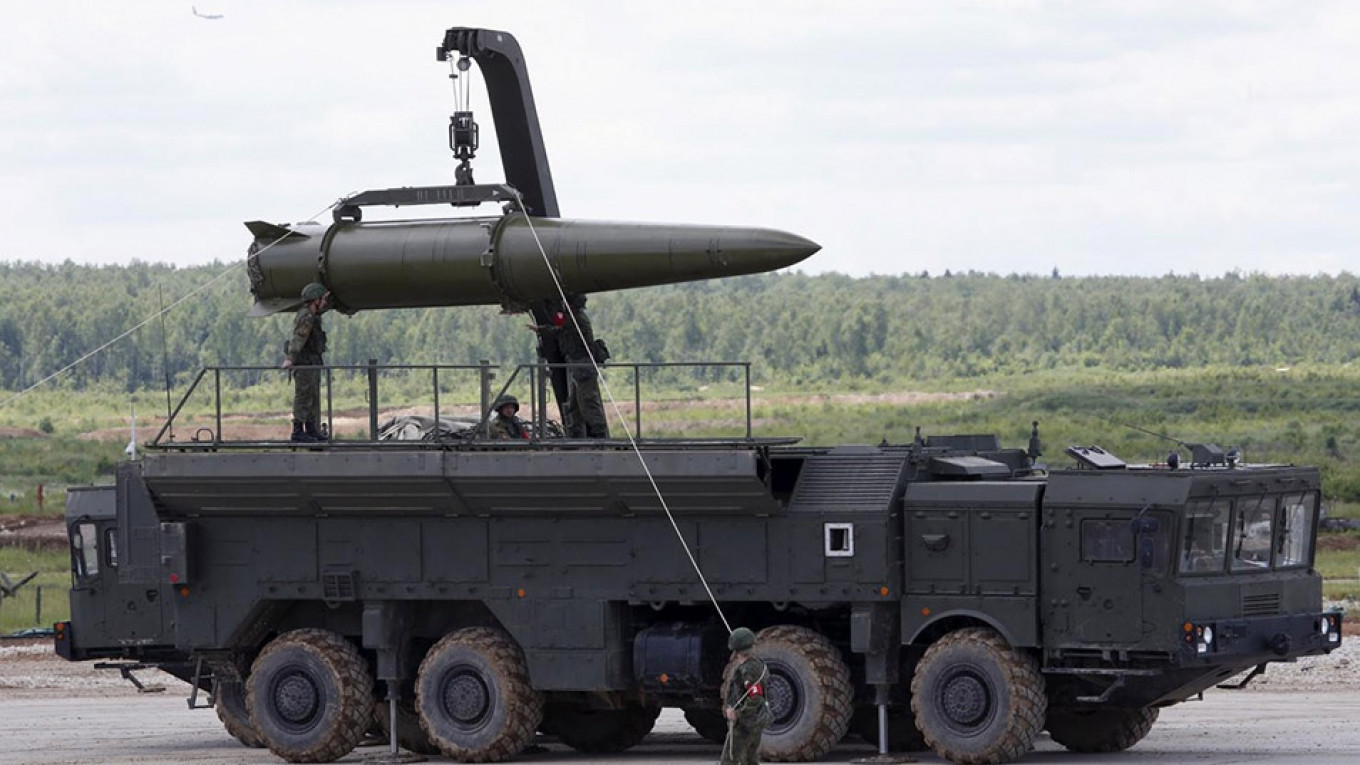
Russia and the United States on Tuesday were edging closer to breaking an impasse in long-running talks aimed at extending a landmark nuclear arms deal, due to expire within months.
U.S. officials said they were ready to meet Russian diplomats as soon as possible, shortly after Moscow stated it could compromise on an American demand.
The two sides have struggled to find common ground over the fate over the New START treaty, which limits both sides to 1,550 deployed warheads but is due to expire next February.
While the U.S. wants to rework the deal to include China and cover new kinds of weapons, Russia is willing to extend the agreement for five years without any new conditions — and each side has repeatedly shot down the other’s proposals.
The agreement was signed in 2010 at the peak of hopes for a “reset” in relations between the two countries.
Together with the Cold War-era Intermediate-Range Nuclear Forces (INF) treaty, it was considered a centrepiece of international arms control.
However, the United States withdrew from the INF last year after accusing Moscow of violations.
Election pressure
As recently as last week, the US seemed unwilling to compromise on New START — officials dismissing a proposal from Russian President Vladimir Putin to extend the deal for a year without restricting new weapons development as a “non-starter”.
But with U.S. President Donald Trump trailing in polls for next month’s election, his administration has indicated it would support preserving the treaty.
And Russia’s foreign ministry on Tuesday signalled a willingness to compromise, saying it would agree to a U.S. demand for a one-year freeze on developing weapons.
“We appreciate the Russian Federation’s willingness to make progress on the issue of nuclear arms control,” state department spokeswoman Morgan Ortgaus said.
“The United States is prepared to meet immediately to finalize a verifiable agreement. We expect Russia to empower its diplomats to do the same.”
Over the course of months of talks, Washington had demanded that tactical nuclear weapons be covered by the treaty and insisted China must be included — even though Beijing had shown no interest.
But Russia is believed to hold a bigger, more varied arsenal of tactical weapons.
In general, the Kremlin sees nuclear weapons as a key strategic asset, as it is massively outspent on defence by Washington.
Russia had 6,375 nuclear warheads at the start of the year, including those that are not deployed, according to the Stockholm International Peace Research Institute.
